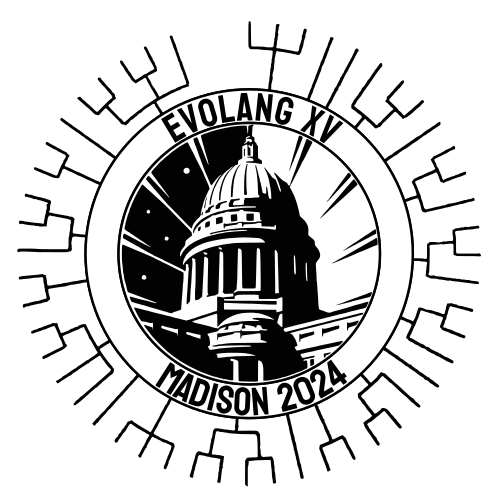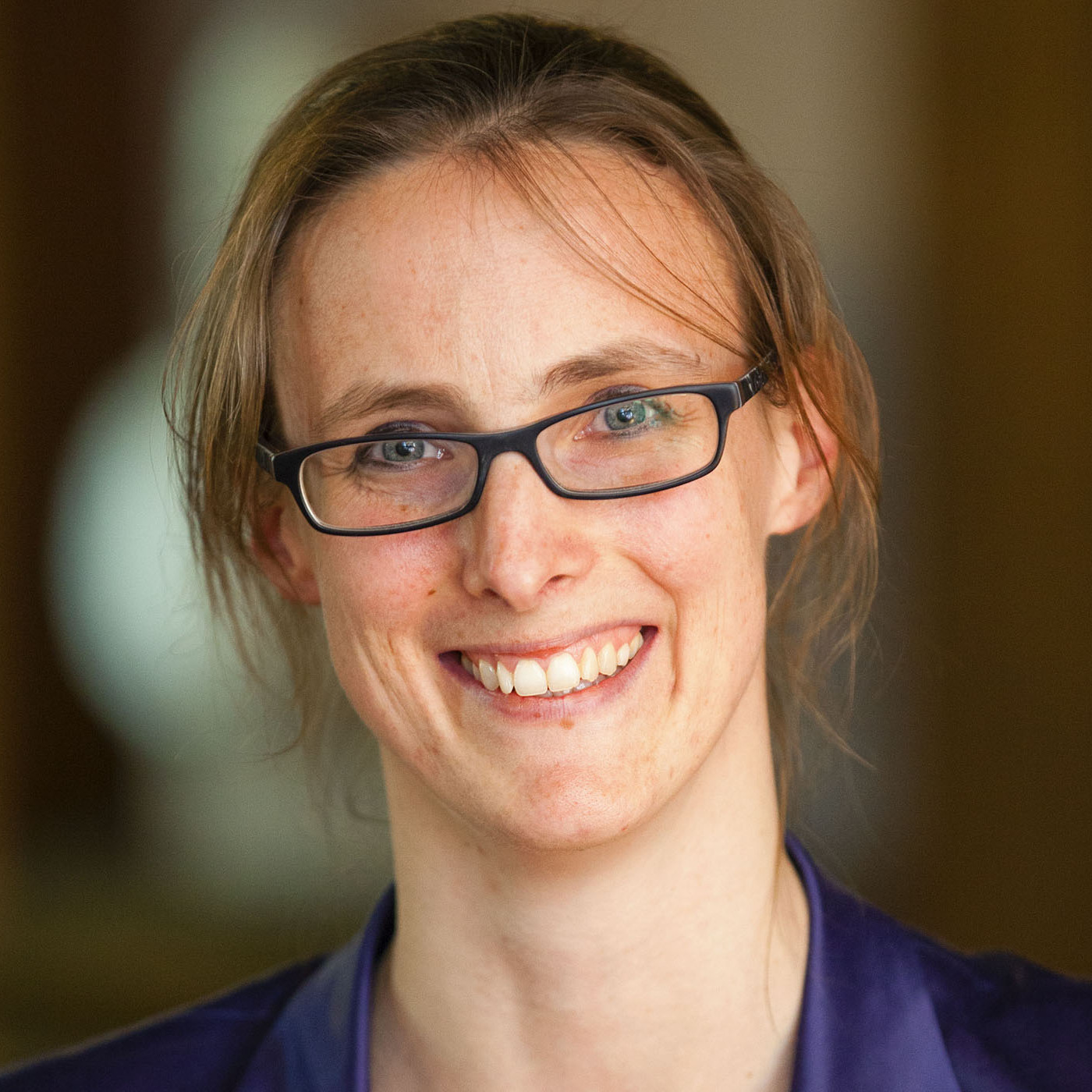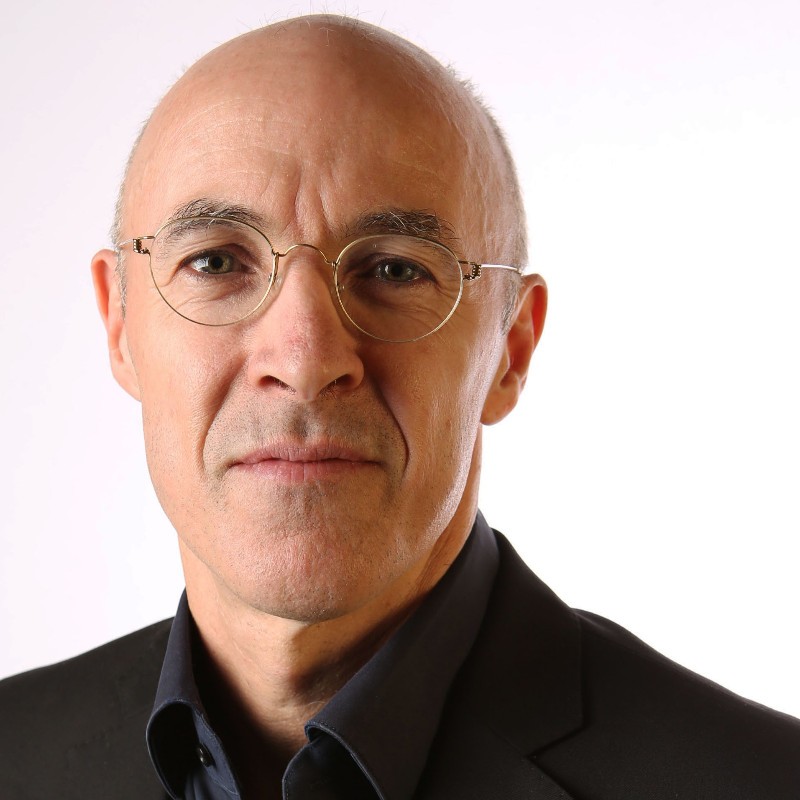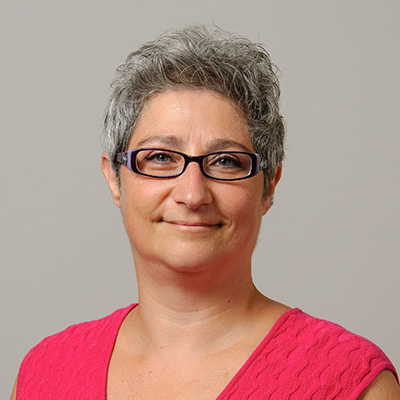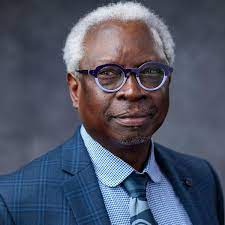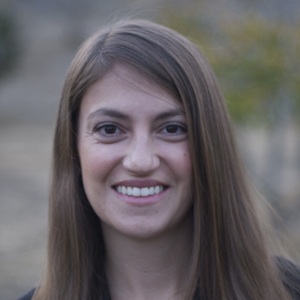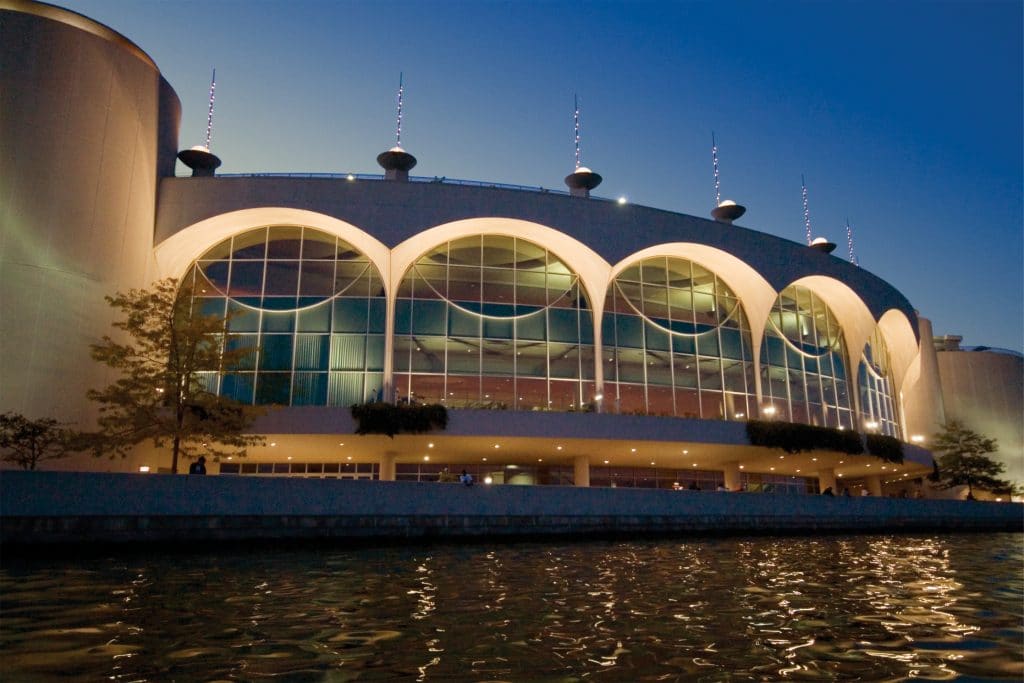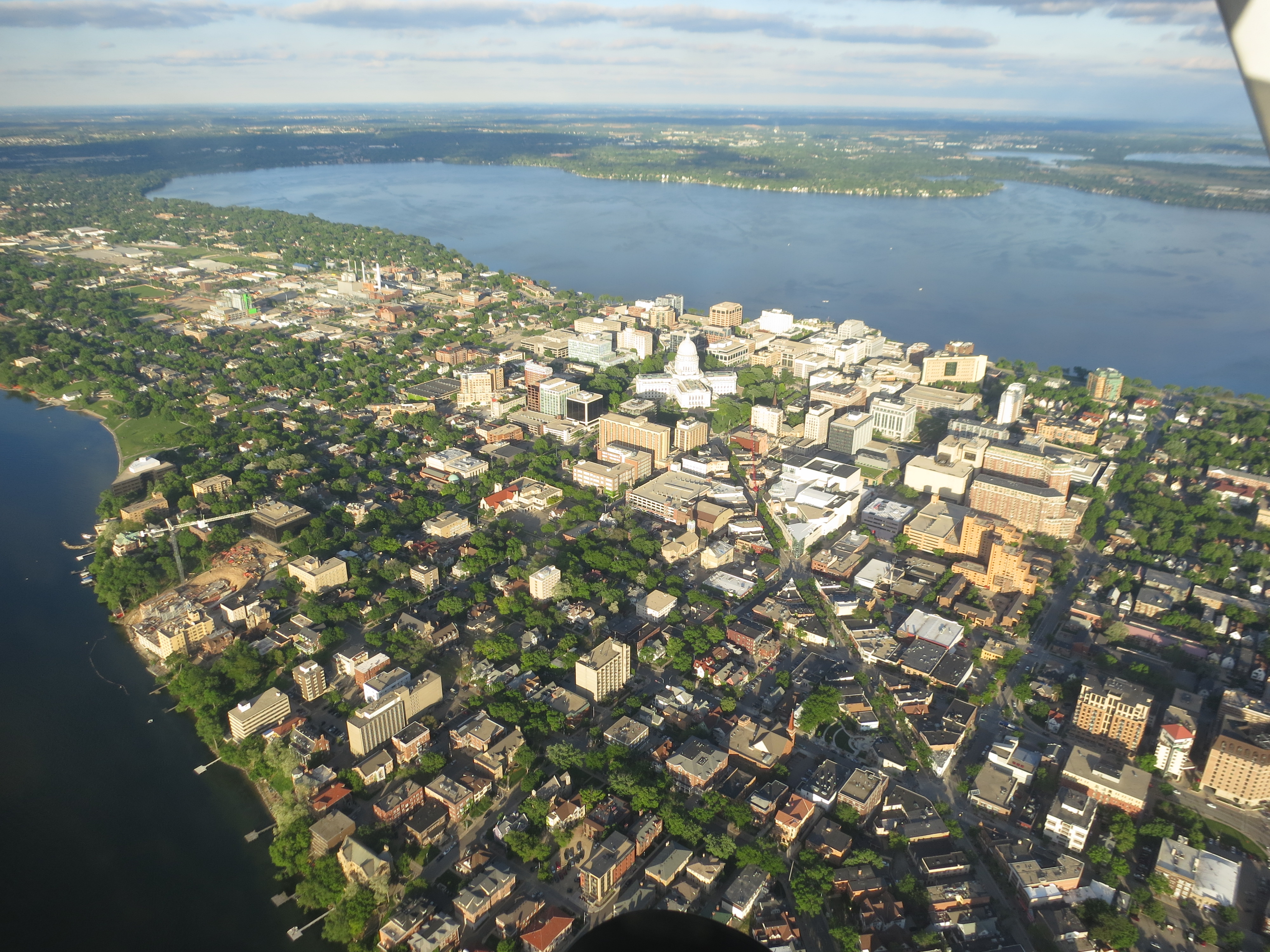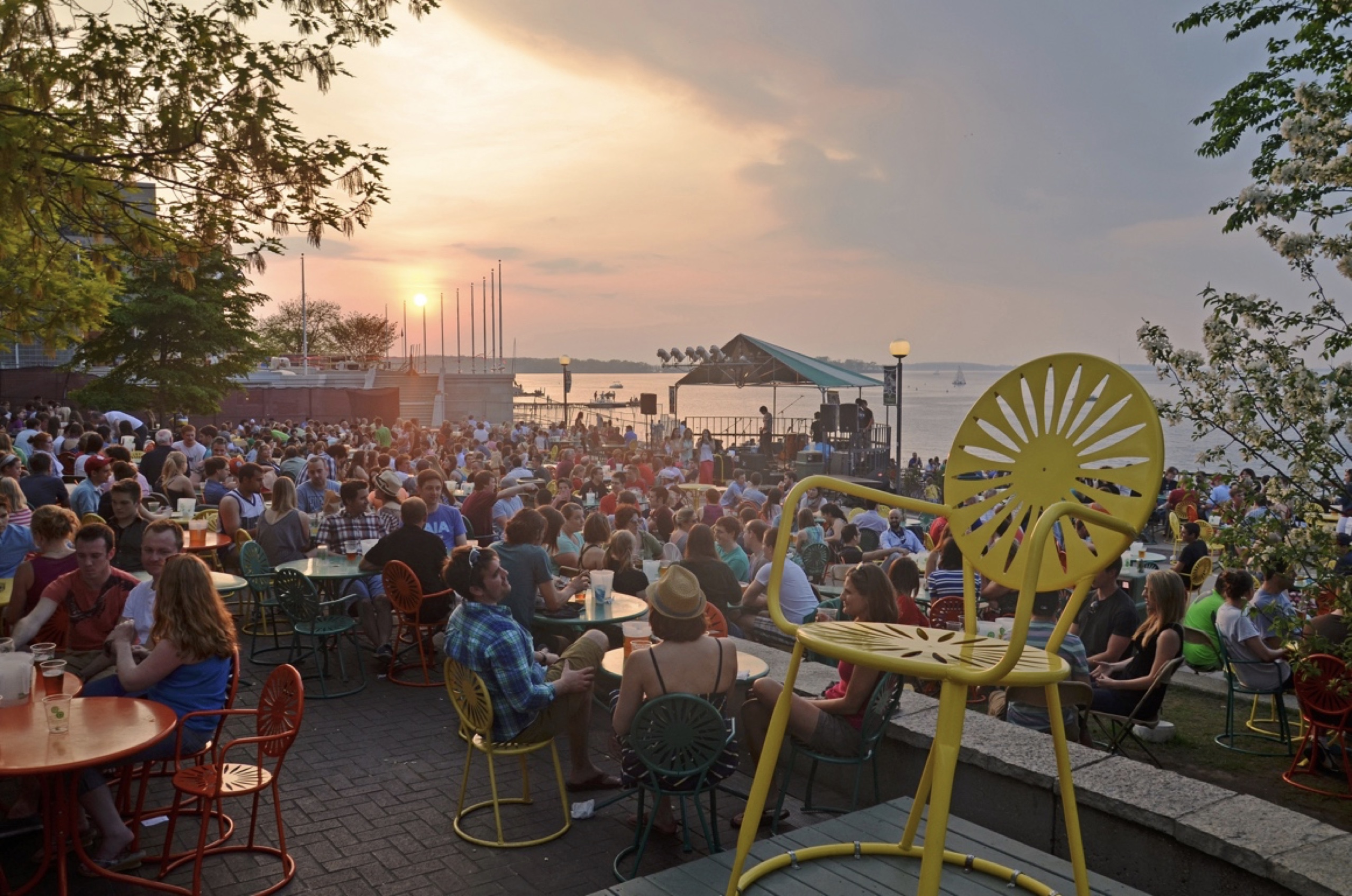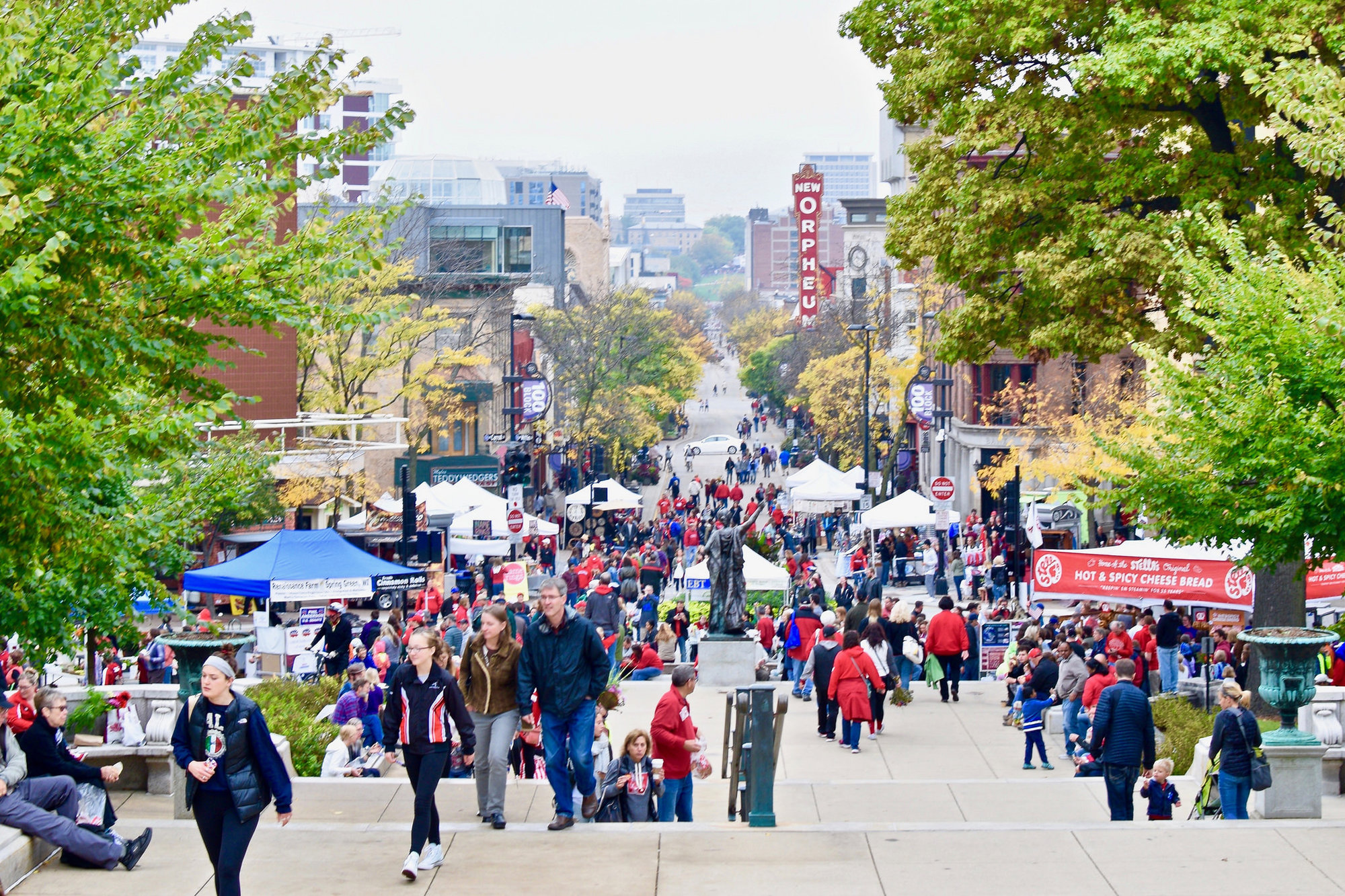Podium Presentations: Talks will be organized into 4 parallel sessions in adjacent rooms. To facilitate a smooth transition between presentations and allow attendees to switch sessions easily, please adhere strictly to the allocated time for your talk.
Presentation Time: Each speaker is allotted 15 minutes for their presentation, followed by 7 minutes for questions and answers.
Please plan on using your own laptop for presenting. We will have laser pointers and remotes available for use, or you are free to use your own. We will have HDMI and USB-C connections available. If you require a different connection, please bring a dongle.
Poster Dimensions & Formats: Overall Poster Board Size: Our poster boards are wide, measuring 91 inches (231 cm) in width and 44.75 inches (113.6 cm) in height. Please design your poster to fit within these dimensions. A poster spanning this entire area would be quite large, and you may want to print it at a somewhat smaller size.
Wide (Landscape) Format: If you print an A0 size landscape-oriented poster (46.8 × 33.1 inches or 118.8 x 84.1 cm), it will take up about half the poster board area.
Long (Portrait) Format: Maximum Height: Do not exceed the height of the poster boards, which is 44 inches (111.7 cm). Note: The portrait format offers less display area compared to the landscape format often used at conferences.
Poster Content & Design Tips: Ensure your poster is readable from a distance. Use large fonts and clear, concise language.
Include your poster title, author(s), affiliation(s), and a brief abstract at the top.
Use visuals (charts, graphs, images) to complement your text and highlight key findings.
Consider the flow of information; organize your content logically from left to right and top to bottom.
You may want to add a QR code to a digital version, print handout versions and/or make a signup sheet for people wanting more details.
The poster session is scheduled for 5:30pm-7:15pm on Sunday May 19th. You will be able to put up your poster after noon on that day. Please take it down after the poster session concludes. Be present at your poster during the assigned poster session times to discuss your work with attendees.
Flash Talks: If you have an accepted poster and would like to give a 90 seconds flash talk prior to the poster session, please submit
this form. We recommend giving a flash talk as an opportunity to promote your poster and increase its visibility. The
deadline to register your flash talk is May 1st. The flash talk session will take place right before the poster session/reception in the afternoon of May 19th. Each speaker will have 90 seconds and one static slide. We will get in touch a week or so before the conference to ask for your slide so that we can host it on a single computer since there won’t be time to switch computers in between presentations.
